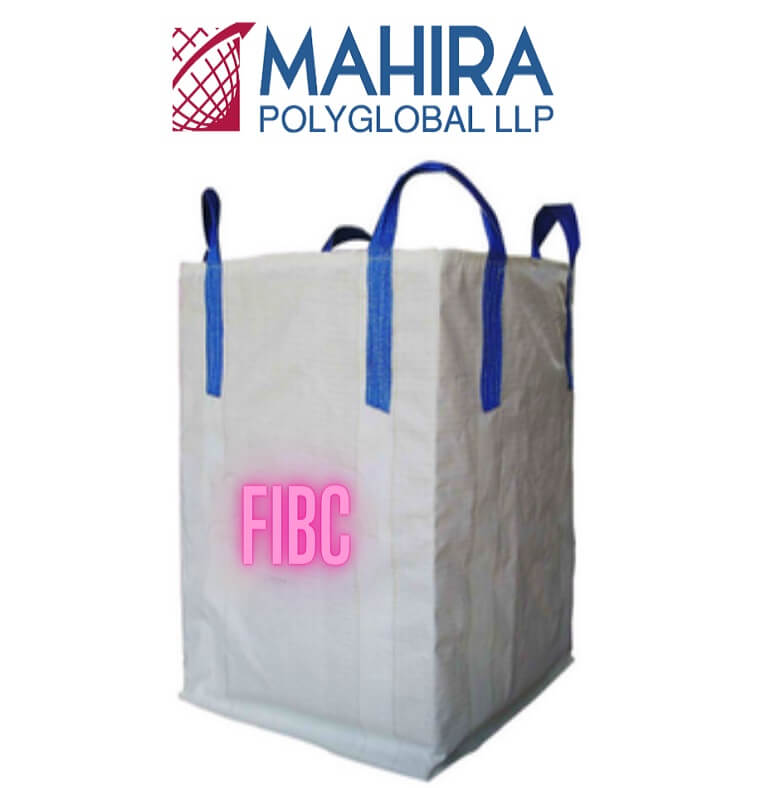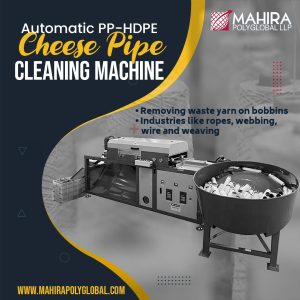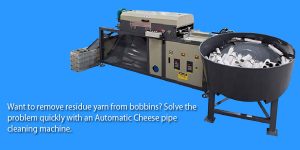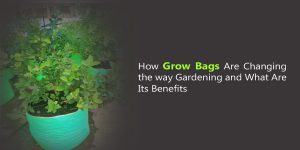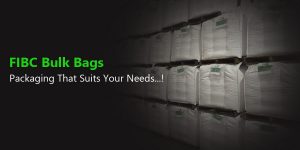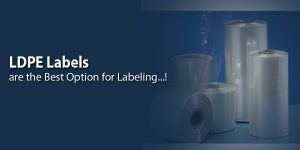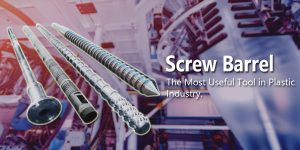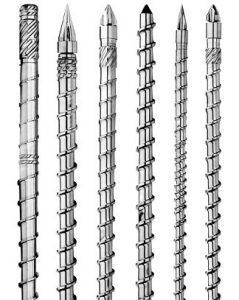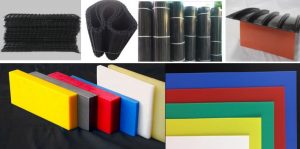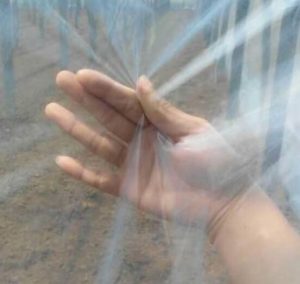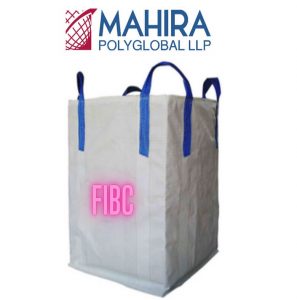Flexible Intermediate Bulk Container Bags, or FIBC bags, are bulk bags or jumbo sacks. It’s a cost-effective and convenient way to store and transport powdered, granulated, and bulk materials, including sand, fertilizers, and plastic granules. The most common material for FIBCs is thick woven polyethylene or polypropylene, coated or uncoated. We are experts at creating polypropylene texture/fabric in a cube bag format.
Giant bags, huge sacks, tubs, and flexible intermediate bulk containers are various names of bulk bags (FIBCs). They’re composed of flexible material, usually polypropylene (PP) threads woven into a cloth. These bags are adaptable and last for a long time because they are composed of a strong PP mesh. They’re ideal for warehousing and transferring enormous amounts of merchandise.
The solid material may be easily stored and transported in Jumbo Bags. Furthermore, they are impervious to direct harm. They do not damage the fabric while being carried in the bag. These jumbo bags, which have a great storage space, are excellent for transporting large amounts of stuff comfortably and simply.
PP Jumbo bags come in a variety of sizes and styles
U-panel – A sole panel covers two multiple groups and the base of the pack in this manner, thus giving the tote a U-shaped strength and structure.
Four-Panel: The structure of a four-panel bag is fashioned in the same way it sounds. It’s made up of four strips of fabric that have been sewed together to form an almost rectangle bag.
Circular –Unlike the panel variations, the circular shape has no vertical lines, often known as a tubular bag. Instead, the cloth is created on a circular loom using weaving equipment. The cloth is next trimmed to the appropriate heights for various bag sizes.
Baffle: Baffle bags are distinguished by the strips of cloth situated in the extremities of various cylindrical and four-panel bags rather than the overall shape of the tote. The sewn-in features square the tote, improve its overall look, and strengthen its durability. They provide higher productivity in the storage and shipment of goods.
UN Bag
These are specialized bags that the United Nations have approved to carry dangerous goods. In the interests of people’s health, environmental control, and material safety, Woven International designs and develops UN approved bags according to the defined market sector. The United Nations regulates the transportation of harmful products. To design and create excellent UN FIBCs, PP Jumbo bag Manufacturer has highly trained employees and deep technology facilities.
Cross-corner loop bag
A bulk bag made of round woven cloth with an open top and a flattened base is a cross-corner loop bag. Cranes and forklifts can easily manage and lift them. This cross-corner loop bag is constructed of UV stabilized polypropylene and has a thick fabric perfect for construction supplies like sand and topsoil. The bag measures 90 x 90 x 110 cm on the inside and can hold up to 1500 kg of the hard stuff.
The Benefits of PP Jumbo bag
The following are some of the advantages of FIBCs:
Bulk storage: You may store many goods at once using bulk PP Jumbo bags. Some bags may store up to 4,000 pounds or more, making it simple to pack your inventory into a few units. You can fill, move, and position large amounts of storage using a lift truck or comparable piece of gear.
Durability: Big modern bags are comprised of a woven fabric cover made of polypropylene fibres. This plastic-based fabric resists mould and mildew since it doesn’t trap any water. It also has high thermal stability, as it can contract and expand without causing harm. The weave method made the fabric tougher than nonwoven fabric, and the intersecting strands added to the overall durability of the bag. There are even more expensive PVC-coated polyester fabric variations for applications that demand even more heavy-duty containers. These bags have soldered seams, keeping them waterproof and making maintenance simpler.
Watertight fabric: You’ll be capable of storing and transporting things that have to keep dry without bothering about mould or fungal growth if you choose waterproof fabrics. FIBCs can protect your belongings from water harm even if your storage capacity becomes moist or wet during a storm. They’ll be protected in the same way during transportation, guaranteeing that your inventory remains in excellent shape.
Reusable: Because PP Jumbo bags are so sturdy, they can be repurposed once a job is completed. You can have the bags last for multiple rounds of shipment or warehousing if you take care of them and wash them properly between those uses. Reusable containers provide lower prolonged storage expenses for your company and a steady supply of sea freight packing.
Recyclable: You can recycle the bags once they’ve served their purpose and can no longer be safely reused. The material will be used to develop new totes and other polypropylene-based products. The PP Jumbo bags producer can drop costs by recycling the bags because they don’t have to utilize 100 per cent renewable sources for each item. Furthermore, recycling the components keeps other plastic out of dumps and the ecosystem, and reusing the resources in the manufacture of new bags helps to conserve. As a result, these bags are a win-win situation for you and the ecosystem.
Manufacturing Process By Pp Jumbo Bag Manufacturer
Extrusion
In extrusion, virgin polypropylene granules, calcium carbonate, ultraviolet inhibitor, and infrequently colour pigment are heated and transformed into tapes. These tapes are wrapped on bobbins of the desired size at the end of the extrusion line. This is the initial element in the development, and it establishes the tape’s mechanical properties.
Weaving
The circular/tubular weaving loom or the flattened (Sulzer) loom are filled with extrusion tape bobbins. The tapes will be woven into cloth that meets the necessary specifications and dimensions and then wrapped into rolls. Weaved materials are used in the fibc body, as well as fill and release elements.
Cutting
The material in the reel is separated to an exact dimension by an automated cutting mechanism. This automated procedure is used to improve cut size consistency.
Printing
The body material frames are then fed into a printing machine, making a print perception on the fabric.
Webbing
Webbing with stronger polypropylene tapes and multi-filament thread is woven into the lifting loops of the bulk bag.
Sewing
All of the materials necessary to make the bulk bag are gathered in one place. Highly experienced and trained labourers combine the parts to produce a fibc or bulk bag under the guidance of professionally certified inspectors.
Inspection
A highly certified individual from the manufacturer will examine every bag manufactured to guarantee suitable use.
Conclusion
With so many advantages, using mass storing PP Jumbo bags are a no-brainer. Your business will be able to keep and transport bulk quantities without having to buy fresh wrapping or concerned about sustained damage. Even when the bags are no longer needed, the recycling alternative is beneficial to you and the environment. Reusing and recycling the bags are simple actions that will keep your system working properly without storage issues.
What are the materials used to make FIBC bags?
Polypropylene woven textiles are used to make FIBC bags, created using various procedures and experts’ knowledge. The PP fabric also prevents UV damage. Virgin polypropylene yarns are a flexible (petroleum-based) common material employed in the production of FIBC bags.
How much does a large bag hold?
Most bulk bags will store between 700 and 900 kg (almost a tonne), making them quite large and bulky. The first paragraph’s measurements should be followed if they weigh this much.
What is the composition of bulk bags?
Polypropylene
Super sacks, huge bags, bags, and extensible medium bulk containers are various names for bulk bags (FIBCs). They’re made of stretchy fabric, usually polypropylene (PP) fibres woven into a cloth.
To get more information on the PP Jumbo bag manufacturer, please contact Mahira Polyglobal.

